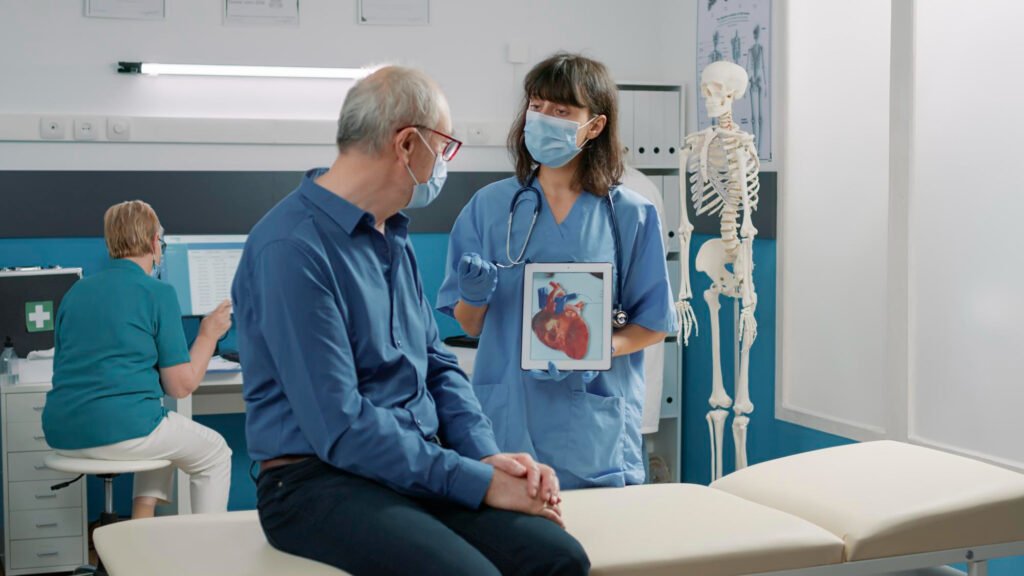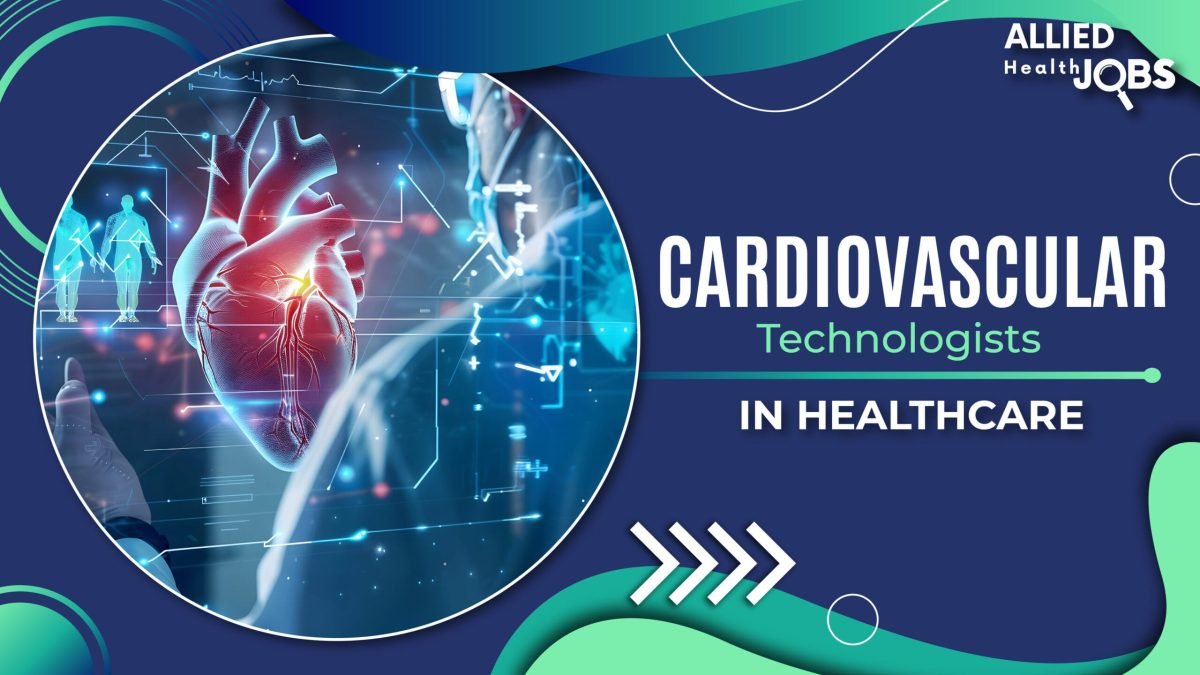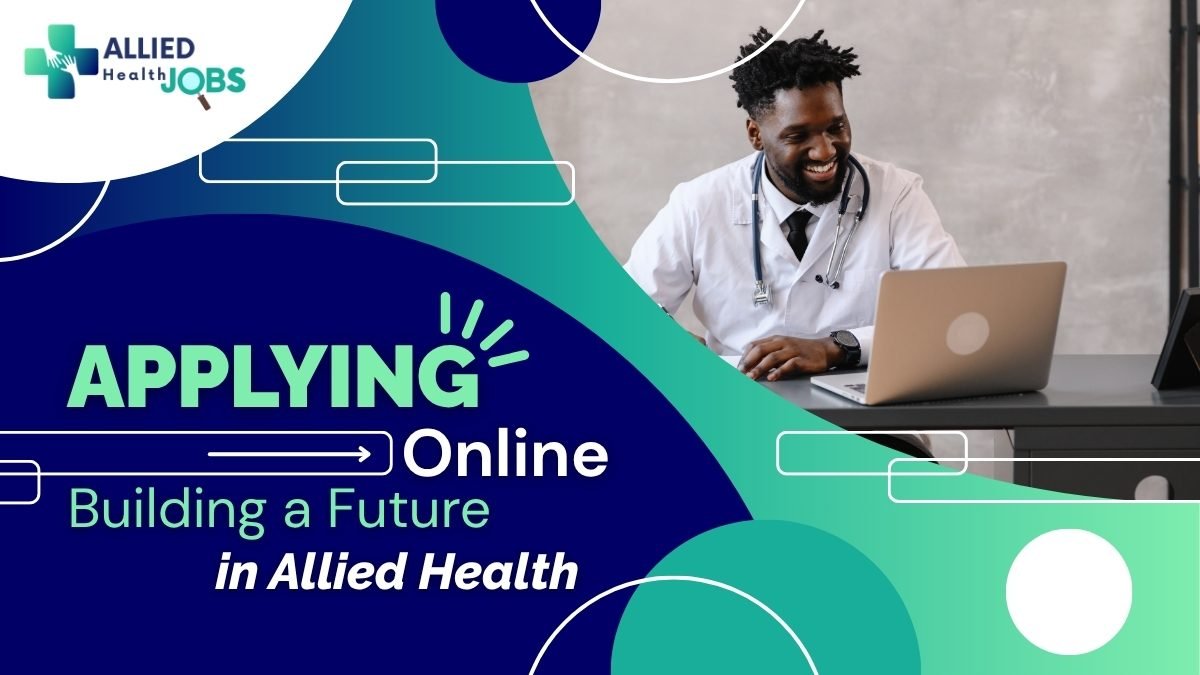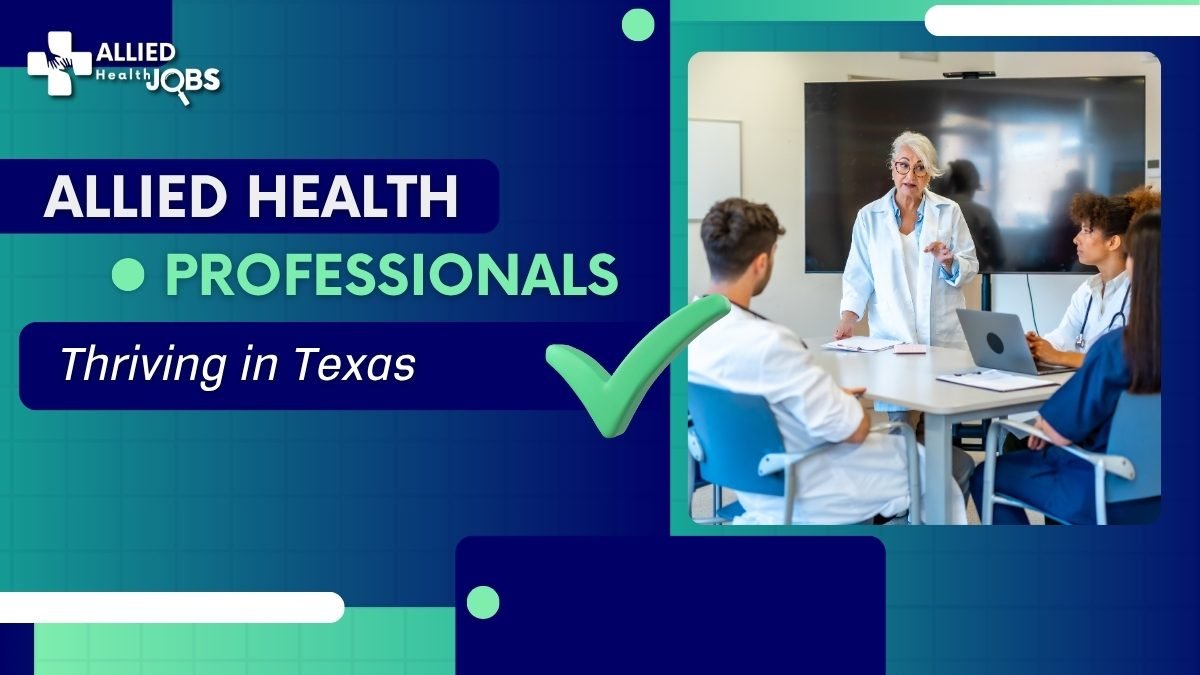In this fast-paced healthcare world, a certain group of unsung heroes works silently behind the scenes and keeps our hearts ticking. These are cardiovascular technologists. They play a crucial role in the U.S. healthcare system. Let us know as to why these medical professionals are so important in keeping America’s hearts healthy.
What’s a Cardiovascular Technologist?
It would be interesting to see inside the human heart without ever picking up a scalpel. That’s the kind of magic cardiovascular technologists work every day. These skilled professionals use a variety of high-tech equipment to help diagnose and treat heart and blood vessel conditions.
The Cardiology Tech Grind

Any given day finds a cardiovascular tech prepping patients for procedures, preparing them for tests, performing ECGs or echocardiograms, and helping to conduct tests with such equipment.
- Maintain multi-scan imaging equipment
- Support doctors in performing catheterizations for patients with heart conditions
- Record and obtain patients’ pulses and blood pressures
- Prepare and report test results to the doctor.
It is a job that requires a steady hand, a sharp mind, and a compassionate heart. It is pretty cool to be able to see inside someone’s chest without X-ray vision!requires a steady hand, a sharp mind, and a compassionate heart. It is pretty cool to be able to see inside someone’s chest without X-ray vision!
Increasing Cardiovascular Technology Jobs in the USA
The cardiovascular technology field is booming, and for good reason.
Why So Much Urgency?
- Aging Population: With Boomers at the senior age, cardiac care provision is needed now more than ever.
- Technological Advancements: New-fangled gadgets and gizmos in cardiac care require more specialized techs to run them.
- Preventive Care Focus*: An emphasis on catching heart problems early means more diagnostic testing, too.
Employment of cardiovascular technologists is growing at a rate faster than average, as projected by the Bureau of Labor Statistics, for all occupations.
Becoming a Cardiovascular Technologist: More Than Playing with Cool Machines
What it takes to become a cardiovascular technologist –
Education: The Heart of the Matter
Most cardiovascular technologist careers begin with an associate’s degree, but many people go on to earn bachelor’s degrees. Programs typically include:
- Anatomy and physiology
- Medical ethics
- Basic pharmacology
- Medical terminology
There is plenty of practical experience using the real equipment.
Skills: It’s Not All About the Book Smarts
To succeed in this field, you will need:
- A keen eye for detail (because you don’t want a “oops! on the HRM)
- Physical stamina (those 12-hour shifts aren’t for the faint of heart)
- Emotional stability (staying cool under pressure)
- Communication skills – attempt to describe a complex procedure to an anxious patient.
Role of Cardiovascular Technologists in Patient Care

Moving to the heart of the matter. Cardiovascular technologists are not technologists who simply push buttons and watch screens. They are members of the patient-care team.
Interpreting the Patient’s Concerns Across to the Physician
One of the reasons cardiovascular techs spend more time at the bedside when dealing with a patient is that they explain to the patient what’s happening, answer all of the patient’s questions, and try to comfort them so they are not scared. In many ways, they’re the approachable faces with smiles that are associated with cardiac care.
Advancing Cardiac Care through Technology
With their current knowledge of the latest cardiac technology, they are often on the front lines of innovation in heart care. They’re able to say to a doctor, “Hey, I saw something there was something odd about this scan,” possibly catching a serious problem before it happens.
It’s Not Just a Job: The Future of Cardiovascular Technology
Looking into the future, this role will become ever more vital. But it is about much more than a sense of job security or cool tech. It is about being part of an area that saves lives every single day.
Embracing New Technologies
That’s from 3D imaging to AI-assisted diagnoses, and the list goes on. A lifelong process of learning and adjusting is therefore what those in the field can expect. Far from boring, though!
Heart disease remains the number one cause of death in the United States, making the work of cardiovascular technologists more crucial than ever. At the epicenter of the fight against this pervasive health issue-they are well equipped with a solid foundation of knowledge, compassion, and some cool equipment.
The Beat Goes On
Never does the trumpet, the percussion section or any other limb of the grand symphony of health shine a spotlight on the physicians and other healthcare professionals, but without the tasks wielded by a cardiovascular technologist, it is not possible. They are keeping their fingers on the pulse of cardiac care so that hearts across America keep beating strong.
From operating cutting-edge imaging equipment to providing a reassuring smile to a nervous patient, these professionals combine technical expertise with human compassion in a truly unique way. With the demand for their skills ever-growing, one thing is certain: the future looks bright for cardiovascular technology, and the difference these professionals make in patient care is immeasurable.
The next time you or a loved one needs to be checked for cardiac care, appreciate the cardiovascular technologist. She’s not just turning knobs on machines; she’s keeping hearts beating, one beat at a time.
Want to know the latest on healthcare careers and jobs? Stay in touch with us on social media and visit our website https://alliedhealthjobs.us/ to get more information about cardiovascular technologist careers, and much more. Maybe your dream job is just a heartbeat away!
Follow us on Social Media: LinkedIn | Facebook | Twitter | Instagram












